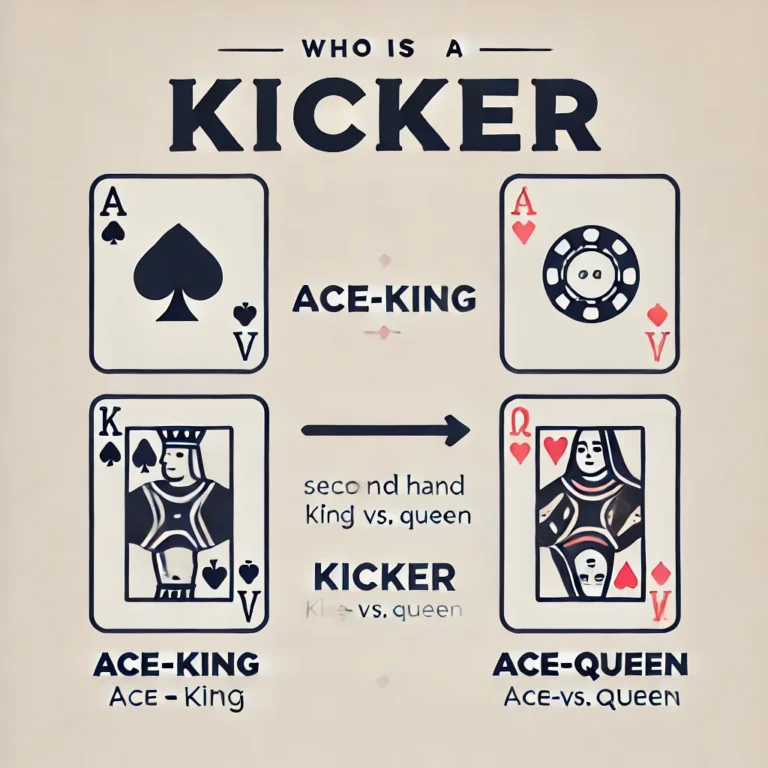The rise of online casinos has been revolutionary, transforming how people play and enjoy casino games. What began as a niche industry in the 1990s has blossomed into a multi-billion-dollar global market, offering players an incredible range of games, bonuses, and convenience. But how did we get here? Let’s dive into the history of online casinos and explore the key milestones that shaped the industry as we know it today.
Early Beginnings: The Birth of Online Gambling
The story of online casinos begins in the mid-1990s, when the internet was still in its infancy. This period saw rapid technological advancements, which laid the foundation for online gambling to emerge.
1. The First Online Casino: 1994
The turning point came in 1994, when the Caribbean nation of Antigua and Barbuda passed the Free Trade and Processing Act. This legislation allowed companies to apply for licenses to open online casinos, providing a legal framework for the industry to develop. Around the same time, Microgaming, a software company, was credited with creating the first fully functional online casino.
With basic graphics, limited game options, and a clunky interface by today’s standards, these early platforms were groundbreaking at the time. Microgaming, in partnership with CryptoLogic, ensured secure financial transactions, a crucial aspect of gaining players’ trust in this new digital environment.
2. The Rise of Software Providers
As more online casinos emerged, the demand for sophisticated gaming software grew. Companies like Microgaming and Playtech began developing a range of games, from slots to table games like blackjack and roulette. Their goal was to replicate the experience of a land-based casino as closely as possible, while also taking advantage of the internet’s global reach.
The Expansion Era: Late 1990s to Early 2000s
The late 1990s saw an explosion in the number of online casinos, thanks in part to increased internet accessibility and faster connection speeds. Suddenly, players from around the world could access casino games from the comfort of their own homes.
1. The Introduction of Progressive Jackpots
One of the most significant innovations during this period was the introduction of progressive jackpots. These slot games, which pool a portion of each bet into a growing jackpot, became incredibly popular. The allure of winning life-changing sums of money attracted players in droves. Microgaming’s “Cash Splash,” launched in 1998, was one of the first progressive jackpot slots, and it helped solidify online casinos as a major player in the gambling industry.
2. Poker Boom: 2003 and Beyond
While online casinos were growing steadily, online poker saw a meteoric rise in 2003, thanks largely to Chris Moneymaker’s unexpected win at the World Series of Poker. Moneymaker, an amateur who qualified for the event through an online poker site, went on to win the tournament and its $2.5 million prize. This win sparked the “poker boom,” and suddenly, online poker sites like PokerStars and Full Tilt Poker became household names.
The Challenges: Legal Battles and Regulation
As online casinos grew, they inevitably caught the attention of lawmakers and regulatory bodies around the world. Many governments were unsure how to handle this new form of gambling, leading to a patchwork of regulations that continues to shape the industry today.
1. The U.S. UIGEA of 2006
One of the most significant events in the history of online casinos occurred in 2006 with the passage of the Unlawful Internet Gambling Enforcement Act (UIGEA) in the United States. The law made it illegal for financial institutions to process transactions related to online gambling. This led to many online casinos withdrawing from the U.S. market entirely, even though the law did not specifically target the players themselves.
Despite this setback, online casinos continued to thrive in other parts of the world, especially in Europe, where countries like the UK established comprehensive licensing frameworks that allowed online gambling to flourish.
2. The Growth of Regulated Markets
In response to growing demand, many countries began to regulate online casinos, allowing licensed operators to offer their services legally. The UK Gambling Commission, established in 2005, set a standard for online gambling regulation, ensuring that casinos operating within its jurisdiction met strict standards for fairness, security, and responsible gambling.
Meanwhile, other jurisdictions, like Malta and Gibraltar, became popular licensing hubs due to their favorable tax regimes and well-established regulatory frameworks. These regions continue to play a crucial role in the global online casino industry.
Modern Online Casinos: The Age of Innovation
Today, online casinos are a far cry from the basic platforms of the 1990s. Advances in technology have led to a wave of innovations that continue to enhance the player experience and drive the industry forward.
1. Live Dealer Games
One of the most exciting developments in recent years has been the introduction of live dealer games. Using high-definition streaming technology, players can now interact with real-life dealers and play games like blackjack, roulette, and baccarat in real-time. This hybrid experience combines the convenience of online casinos with the authenticity of land-based venues, and it has become incredibly popular among players who want the best of both worlds.
2. Mobile Gaming Revolution
The rise of smartphones and tablets has also had a massive impact on online casinos. Modern online casinos are now fully optimized for mobile devices, allowing players to enjoy their favorite games on the go. Some casinos have even developed dedicated mobile apps that offer a seamless gaming experience, complete with fast loading times and touch-optimized controls.
3. Cryptocurrency and Blockchain Integration
In recent years, some online casinos have started accepting cryptocurrency as a payment method, offering greater anonymity and security for players. Additionally, blockchain technology is being explored as a way to ensure provably fair gaming, creating a more transparent and trustworthy environment for players.
4. Virtual Reality Casinos
Looking to the future, virtual reality (VR) casinos represent the next frontier of online gambling. With VR technology, players can enter fully immersive virtual casino environments, interact with other players, and play a wide variety of games as if they were in a physical casino. While VR casinos are still in their early stages, they represent a fascinating glimpse into what the future might hold for online gambling.
Responsible Gambling and the Future of Online Casinos
As online casinos continue to grow, so does the industry’s focus on responsible gambling. Many regulated casinos now offer tools to help players set limits on their deposits, losses, and playing time, ensuring that gambling remains a fun and safe activity.
Looking forward, the future of online casinos seems bright. With ongoing advancements in technology and the increasing popularity of regulated markets, it’s likely that the industry will continue to expand and evolve, offering players new and exciting ways to enjoy their favorite games.
The history of online casinos is a fascinating journey of technological innovation, legal challenges, and cultural shifts. From the early days of rudimentary websites to the modern, high-tech platforms of today, the industry has come a long way. Whether you’re a seasoned player or just curious about the world of online gambling, understanding the history of online casinos can give you a deeper appreciation for the industry and its ongoing evolution.











